However, this option is fraught with danger.
Every morning, 16-year-old Abdullahi Ahmad puts on his old roller skates and travels 8km to Kano Boys Secondary School in the Nigerian capital Kano. With the cost of petrol skyrocketing beyond his family’s means, roller skating has become the only way for him to get to school. But behind that journey are countless dangers on crowded and risky roads.
Abdullahi said that just a year ago, the cost of transport to school was between 200 and 300 naira. But with the soaring fuel prices, that figure has doubled to 500 and 600 naira. For many Nigerian families already struggling with inflation, this seemingly small expense has become a serious barrier.
Unlike many of his peers who chose to drop out or drop out of school, Abdullahi decided to use the skating skills he had learned as a child to get to school. The skates became a “free” means of transportation, helping him maintain his studies.
On the roads filled with trucks, motorbikes and speeding cars, a teenager with roller skates becomes too small.
“Once, I met a truck driver who suddenly turned around. I had to quickly stop at the side of the road and stood there for a long time because I was scared. My heart was pounding, and all I could think about was getting hit,” Abdullahi recalled.
What is worrying is that there are currently no regulations or safety measures in place for roller skaters on the streets of Nigeria. With no helmets or designated lanes, Abdullahi risks his life every day.
Despite facing danger every day, Abdullahi refuses to give up. He still dreams of becoming a doctor in the future, so that he can escape the vicious cycle of poverty and contribute to the community. Abdullahi affirms: “I prioritize my studies above all else. I know it is risky, but I cannot skip classes. I want to become a doctor and I will not give up.”
Abdullahi’s story reflects a larger reality. Millions of students in developing countries risk having their education interrupted by transportation costs. In Nigeria, where the economy has been hit hard by volatile oil prices and a depreciating currency, inflation has had a direct impact on basic needs such as food, transportation and education.
Recent studies have shown that secondary school dropout rates in Nigeria are on the rise, especially in low-income areas. When transportation costs become unaffordable, many students choose to drop out or go to work early to support their families. Abdullahi’s persistence in school, despite the hardships, is a testament to his determination and belief in the future.
The global economic crisis is posing serious challenges for young people in developing countries. Without policies to support school transport, travel scholarships or infrastructure investment, many more students may be forced to abandon their educational dreams.
While Abdullahi continues to rollerblade to school each morning, the image of him in his tiny shoes amidst the hustle and bustle of traffic has become a symbol of the desire to learn and the will to succeed. But it is also a reminder that education , to be truly equitable and sustainable, requires strong support from family, community and government.
Abdullahi’s parents, who work precariously in the informal sector, admit they can no longer afford it. “There are days when we wake up empty-handed, unable to pay for basic living expenses,” the mother said. “We are aware of the risks, but we have to send our children to school that way, with careful instructions and prayers.”
Source: https://giaoducthoidai.vn/nigeria-hoc-sinh-truot-roller-den-truong-de-tiet-kiem-chi-phi-post746461.html




![[Photo] Prime Minister Pham Minh Chinh chairs the Government's online conference with localities](https://vphoto.vietnam.vn/thumb/1200x675/vietnam/resource/IMAGE/2025/10/5/264793cfb4404c63a701d235ff43e1bd)


![[Photo] Prime Minister Pham Minh Chinh launched a peak emulation campaign to achieve achievements in celebration of the 14th National Party Congress](https://vphoto.vietnam.vn/thumb/1200x675/vietnam/resource/IMAGE/2025/10/5/8869ec5cdbc740f58fbf2ae73f065076)


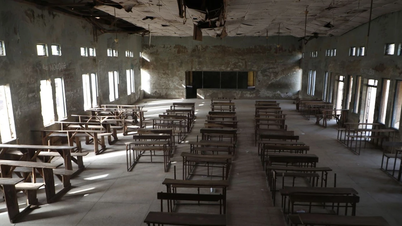






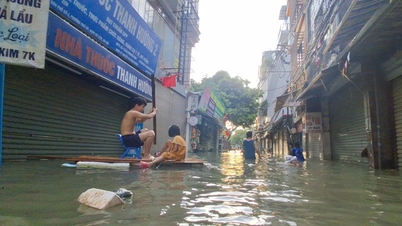





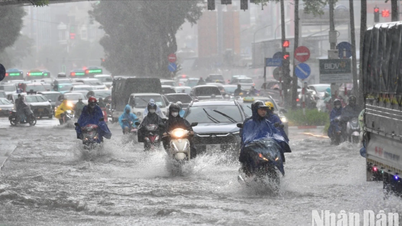

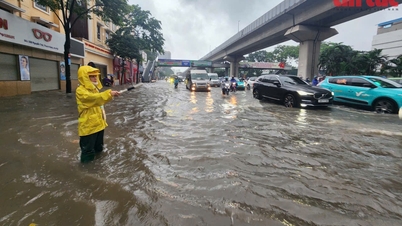





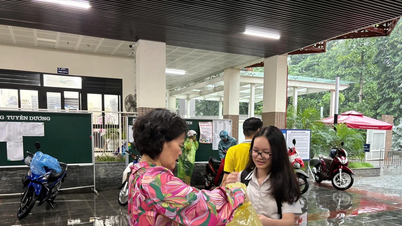
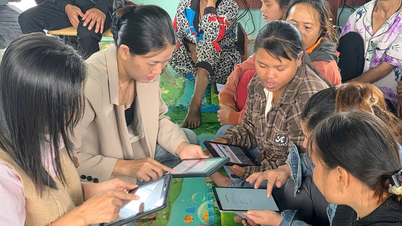
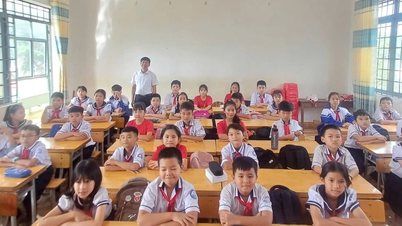
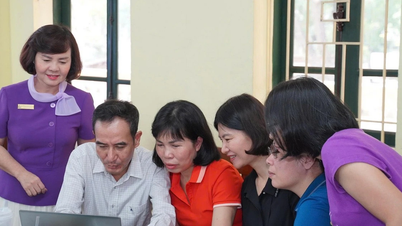

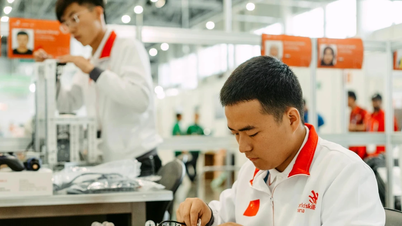

























![[VIDEO] Summary of Petrovietnam's 50th Anniversary Ceremony](https://vphoto.vietnam.vn/thumb/402x226/vietnam/resource/IMAGE/2025/10/4/abe133bdb8114793a16d4fe3e5bd0f12)

![[VIDEO] GENERAL SECRETARY TO LAM AWARDS PETROVIETNAM 8 GOLDEN WORDS: "PIONEER - EXCELLENT - SUSTAINABLE - GLOBAL"](https://vphoto.vietnam.vn/thumb/402x226/vietnam/resource/IMAGE/2025/7/23/c2fdb48863e846cfa9fb8e6ea9cf44e7)













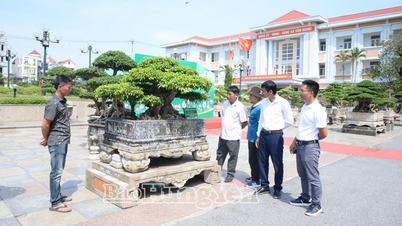


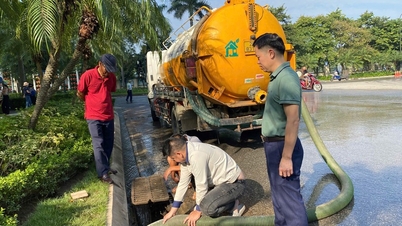



















Comment (0)